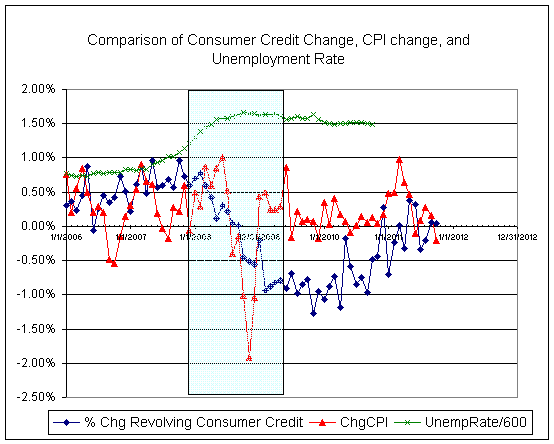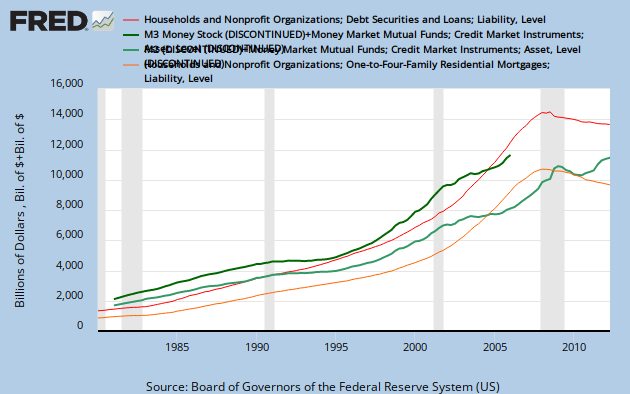8537
VIP Member
Our economy would boom if BO eliminated the corporate tax altogether as Ireland proved by just lowering it. Its the ultimate vindication of supply-side economics.
When I think of wildly successful, booming economies I think of Ireland!


